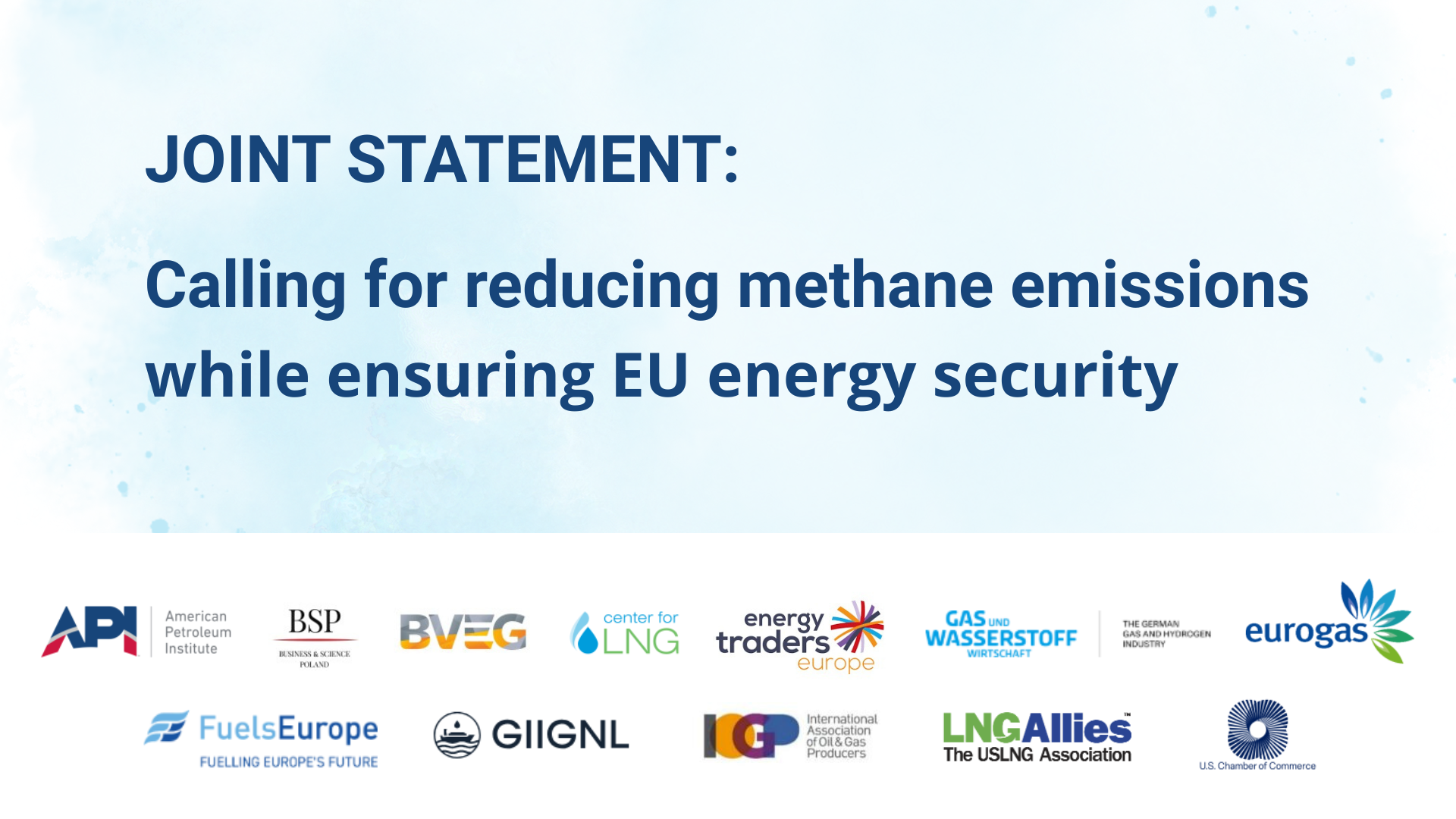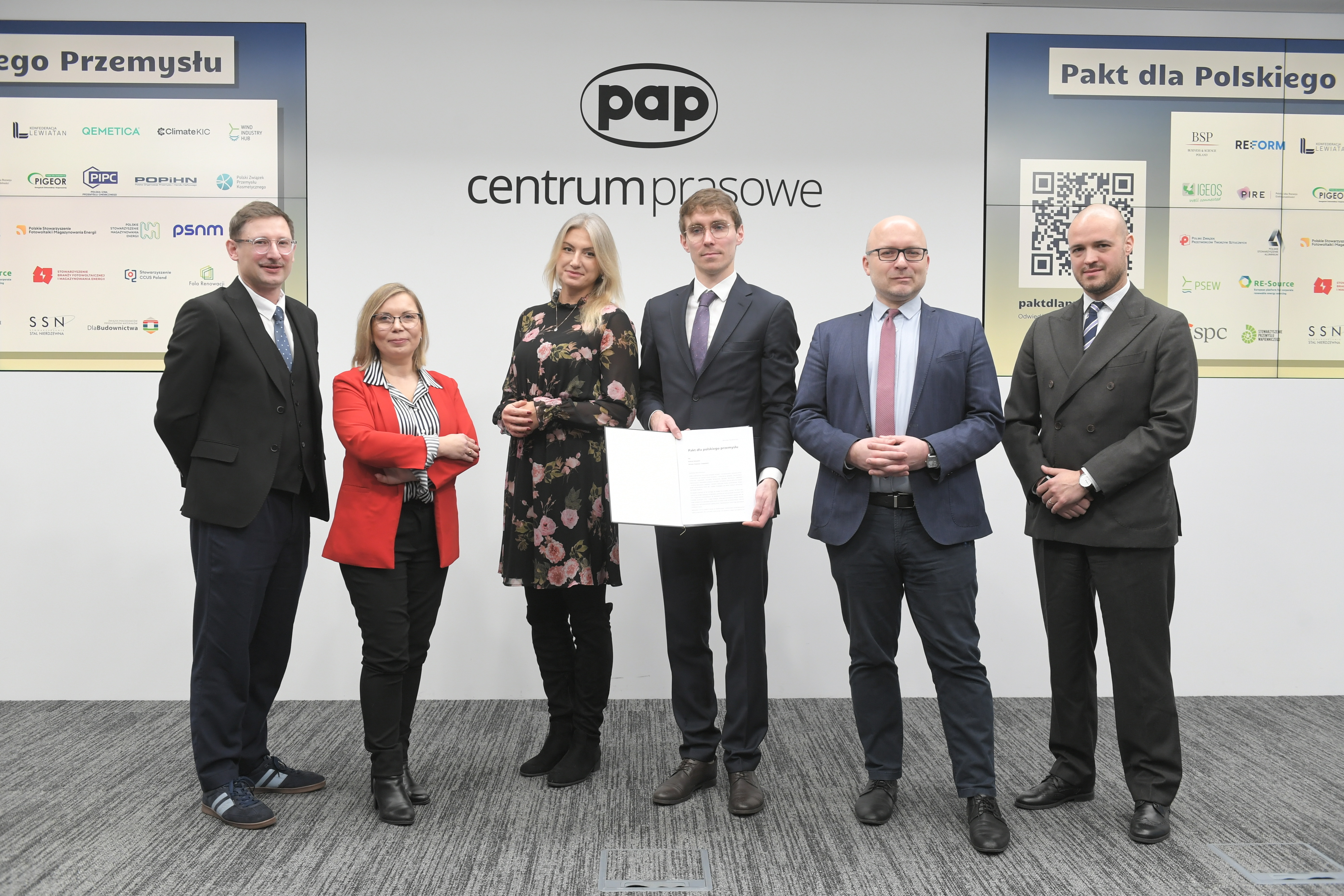On the eve of the EU Environment Council in Luxembourg, Business & Science Poland hosted a high-level debate in Brussels on how international carbon credits could be integrated into the EU Emissions Trading System (ETS) and how this could shape the EU’s 2040 climate target and the future of European industry.
Leading analysts (ERCST, BloombergNEF) emphasized that any future offset mechanism must rely on high-quality and transparent credits. KOBiZE proposed an EU-level reserve for allowance purchases, while industry representatives (Euromines, Eurometaux) and the Polish Ministry of Climate and Environment highlighted the need to review ETS2 provisions to maintain a realistic path for transition.A potential European Council compromise may also revisit the 2035 internal combustion engine phase-out, reflecting the ongoing search for balance between climate ambition and industrial feasibility. The debate took place at a critical moment for EU climate policymaking, as institutions prepare to align positions ahead of COP30 and the special Environment Council on 4 November.
Speakers:
- Adrian Kondaszewski, Director, Ministry of Climate and Environment, Poland
- Dr. Florian Anderhuber, Deputy Director General, Euromines
- Robert Jeszke, CEO,
- Andrei Marcu, Executive Director, ERCST
- Adina Georgescu, Energy & Climate Change Director, Eurometaux
- Layla Khanfar, Corporate Sustainability and Carbon Offsets, BloombergNEF
Moderation: Frederic Simon, Carbon Pulse
BSP remains committed to ensuring that industry’s voice is heard in shaping a fair and credible climate transition. The discussion confirmed that the link between international credits, the 2040 target, and allowance prices will directly determine the cost and competitiveness of European industry. The European Commission continues to explore ways to stabilize ETS prices, including a potential role for high-quality CDR credits within the overall climate target. Despite calls to simplify the post-Green Deal framework, the 90% reduction goal for 2040 remains a firm political anchor for Europe’s climate agenda.




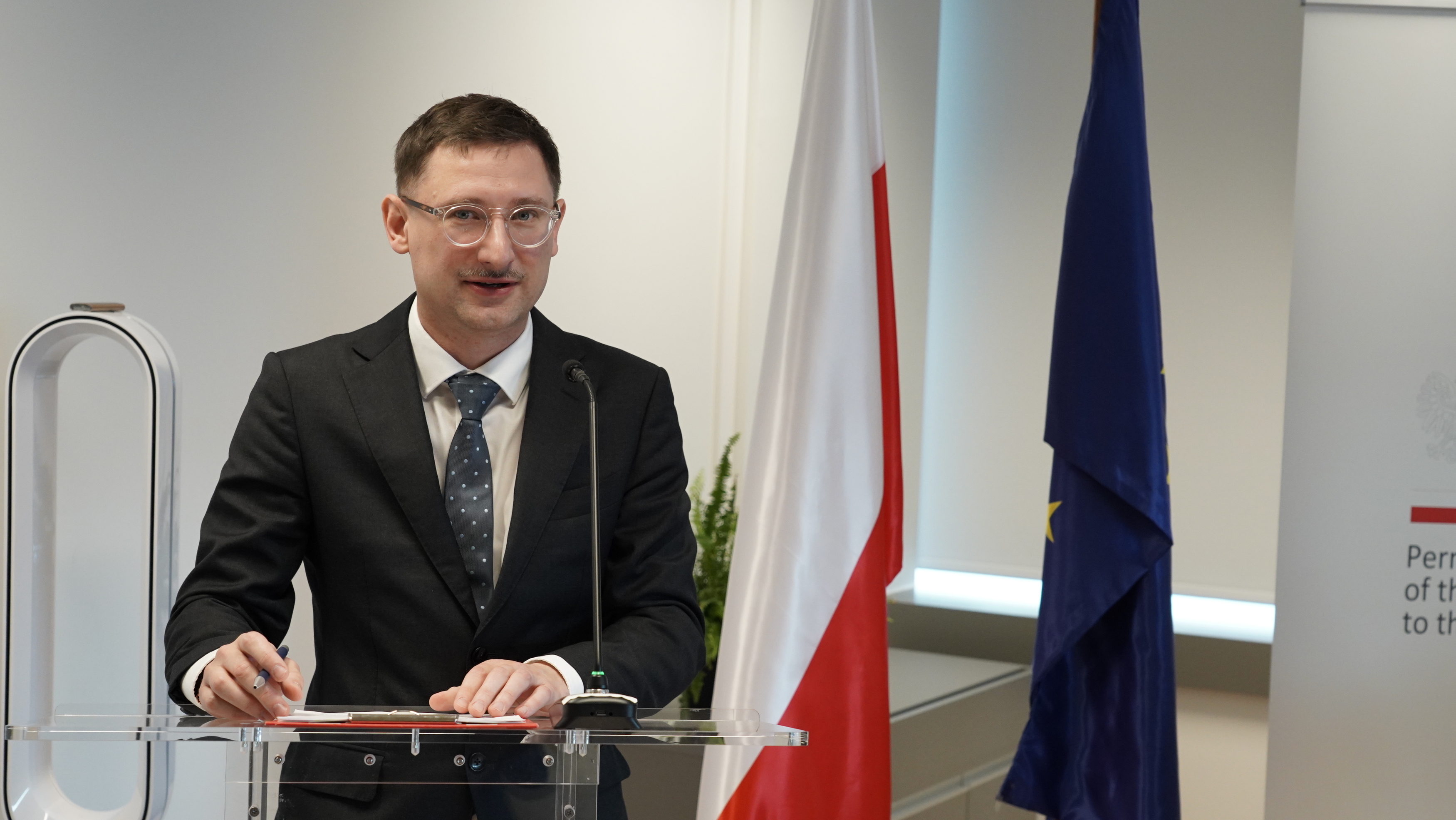
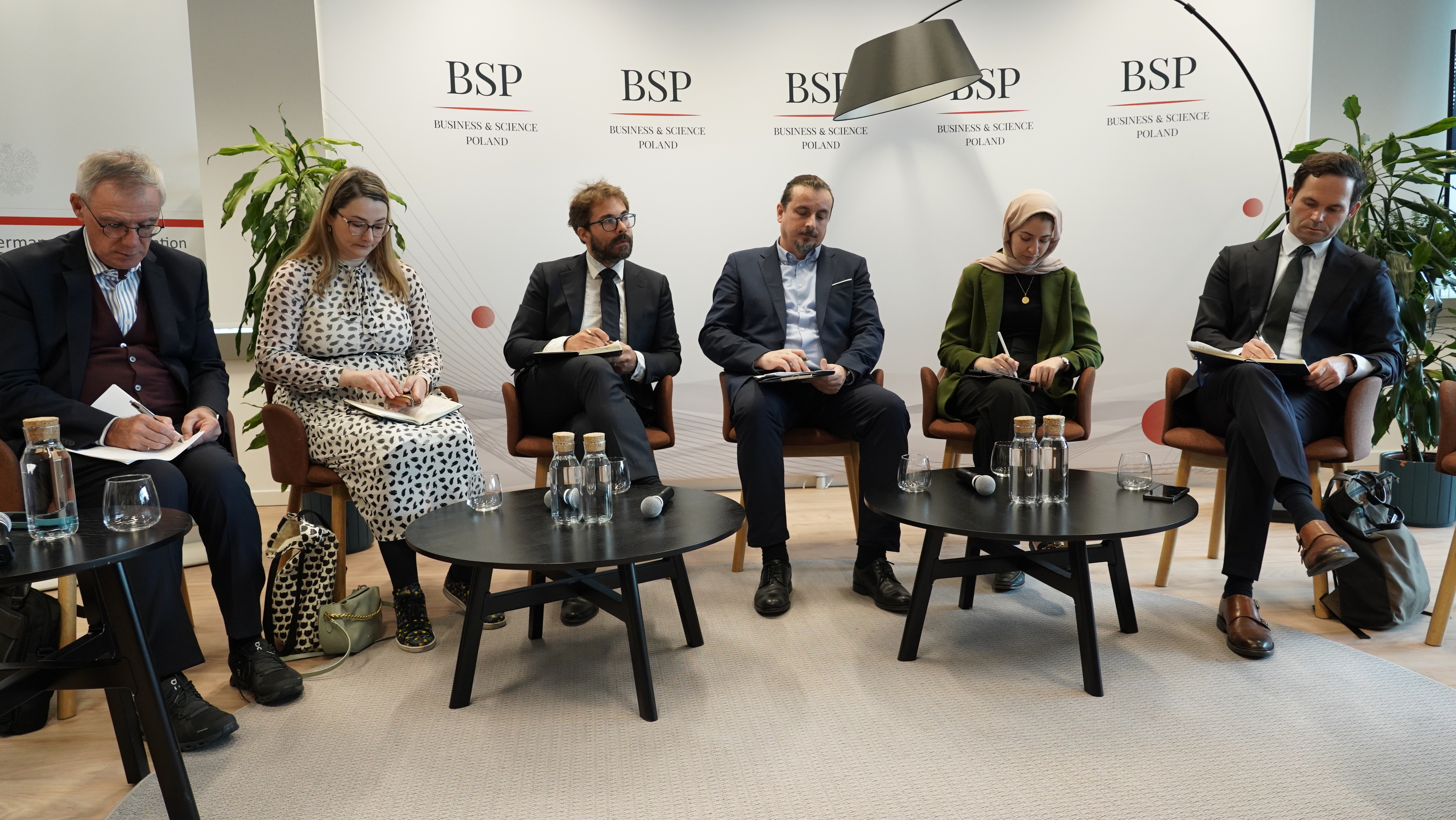

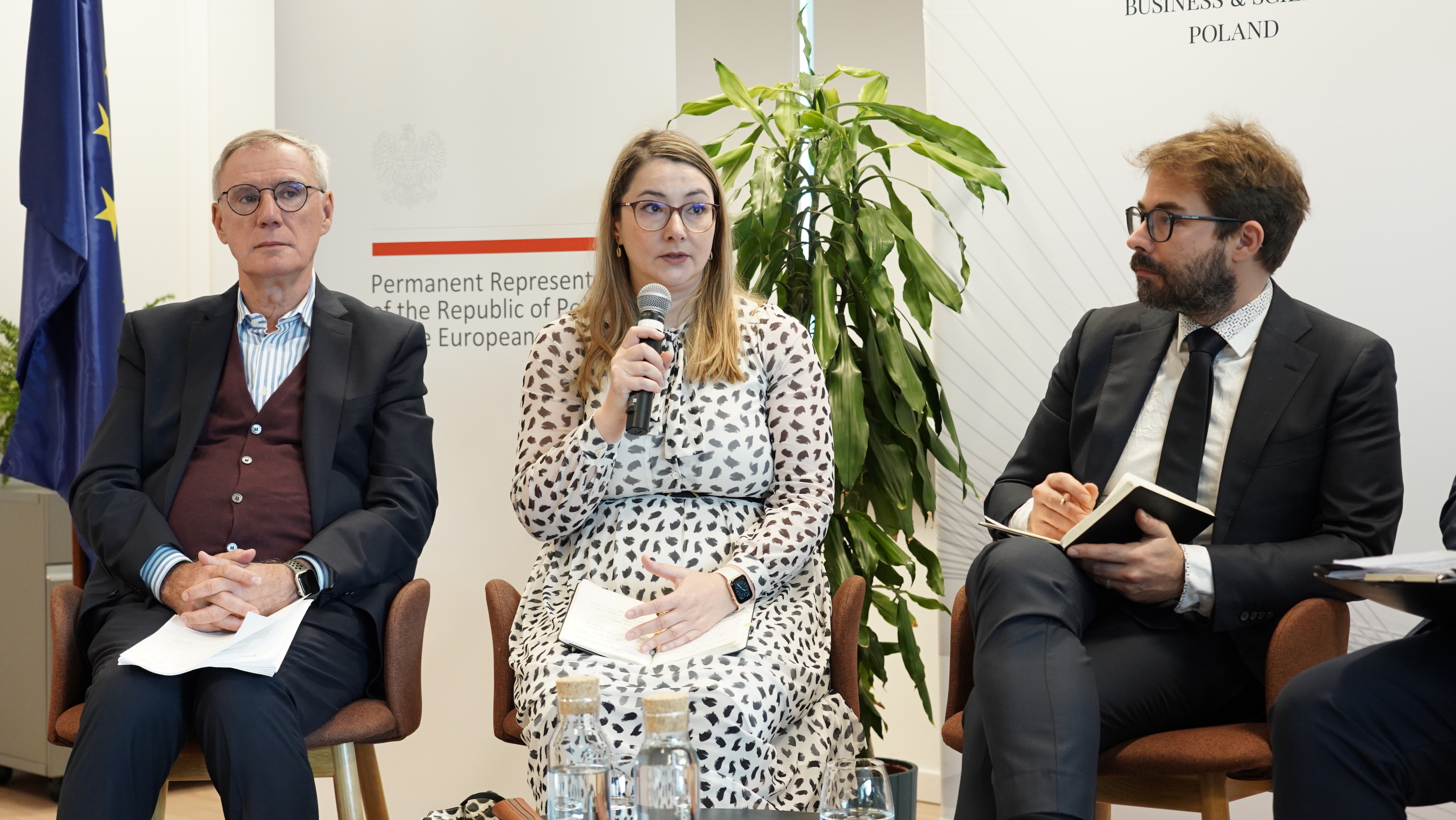
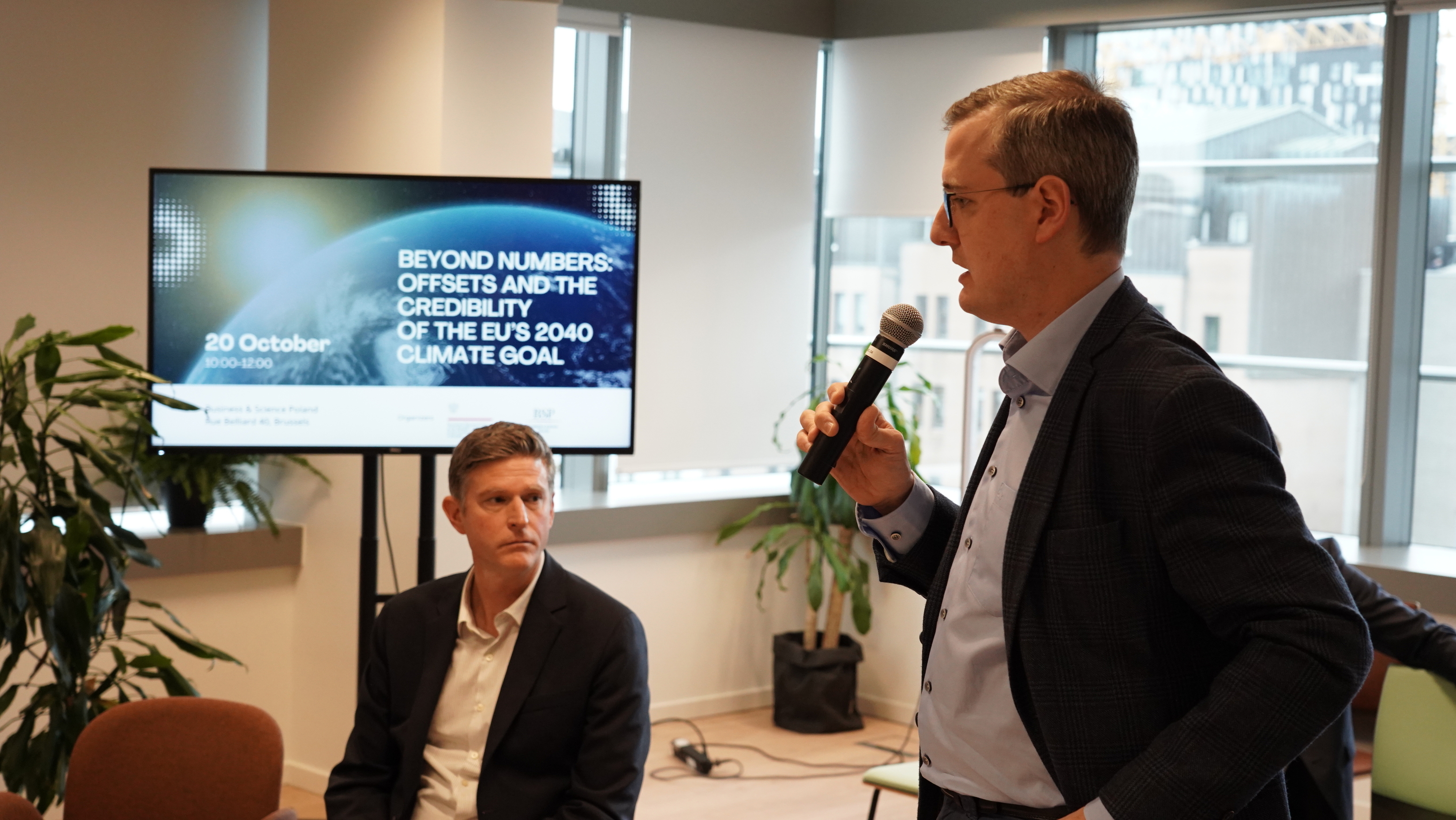
.png)

.jpg)
